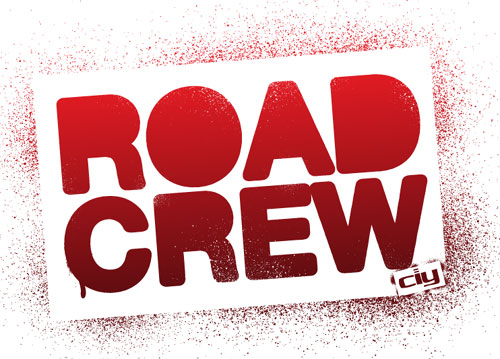Tips For The Young Musician Vol. 10

by Stephan Hume
If you are an up-and-coming band in Denver, do you have a road crew? Do you have a semi that pulls up behind the Pepsi Center before you play? Does everyone in your band have multiple versions of their instruments, an individual technician watching from backstage to help the band at any moment? Do you just get to show up to your show and be a rock star and everything is in line for you, gear, tuning, and all?
Chances are, you are not quite there yet. And that is just fine. Every band that is trying to gather a following and turn some heads has to do all of this on their own for a long time. It’s what the industry refers to as “paying your dues.” But hey, some people adhere to the old adage, “If you can’t get something done right, do it yourself.” I know of plenty of notable artists who still like to change their own strings or load in their own gear. But this month, we are going to focus on the majority of young musicians and talk about …
Being your own “roadie.”
Unless you are some royal heir to the “Rock Gods” with people feeding you grapes and carrying you to the stage where your gear is already set up, you are going to be your own road crew. You are going to load in your own gear, get it to the venue safely, set it up efficiently, maintain it while you play, tear it down effectively, load it out, and take it back to your home or studio storage facility.
Mark your gear.
If you are playing a show, chances are there are other musicians and/or bands that evening. Maybe you have a one-of-a-kind, vintage piece of gear that nobody could mistake for their own. But, hey, that is more of a reason to mark it, actually! But on top of that, there are a lot of identical guitar cables, drum hardware, tuners, etc. Mark yours and you are less likely to walk off with someone else’s gear, and your stuff is less likely to grow legs when your back is turned.
Plan for the occasion.
Any gig is an awesome occasion, to some degree. Therefore you should have your own version of a “survival kit.” This includes things like guitar strings, picks, sticks, even drum heads … although I have only seen one band break a head, live. It was awesome. But they were prepared. This is especially important if your gig is outdoors. Plan as best you can for the weather in transport, but also in how your instrument behaves in increased sunlight, humidity, etc. Your gig will thank you, and you will feel smart.
Be willing to help.
I love to see bands work together. I have seen bands where the guitar player plugs in, and tunes up in less than 5 minutes. Then they instinctively walk back to the drums and help set up there. Bands that really impress me do so by what they do before and after they play, too. They work like a team of ants. They work with effort and precision to put the stage together as a team.
Just remember, there is more to be said here. However, just think ahead. Also, just take care of each other and each other’s gear. There is no way you can go wrong with this. You may get to that place where you have your own road crew. But none of them ever did without being their own roadie first. Go ahead, reach for the stars and imagine yourself on the red carpet. But until you get there, you are bringing in your own “stars” and “carpet” to every gig you play.
Category: The Future





